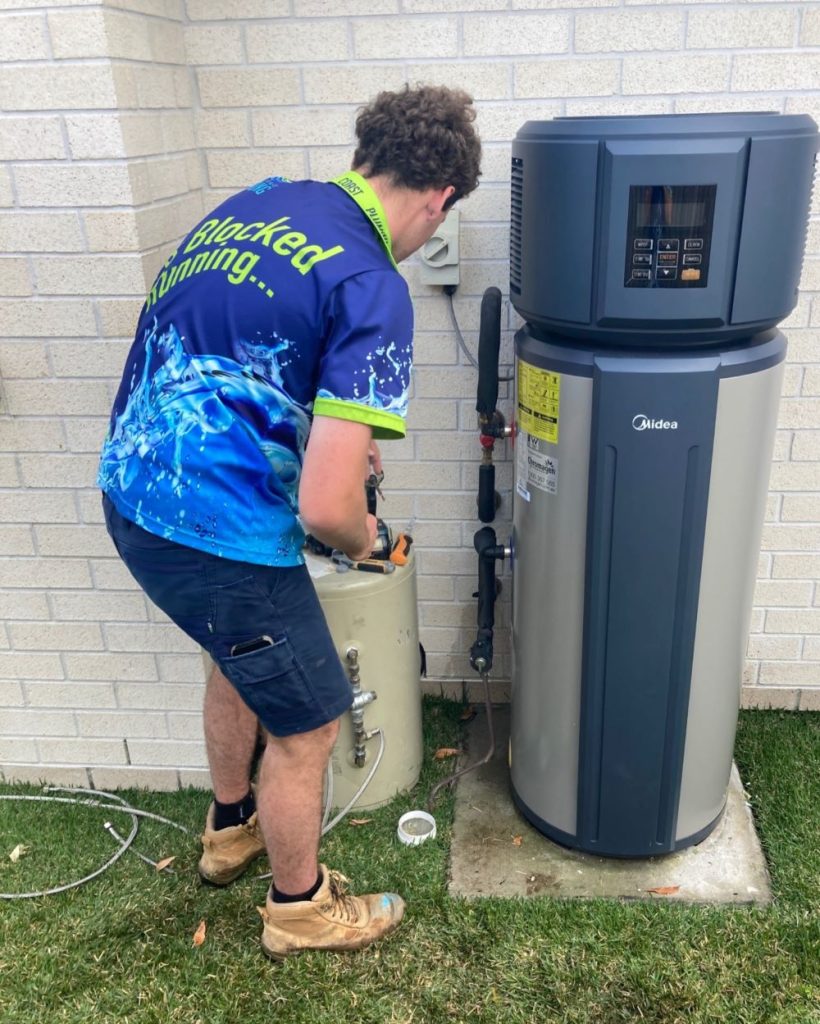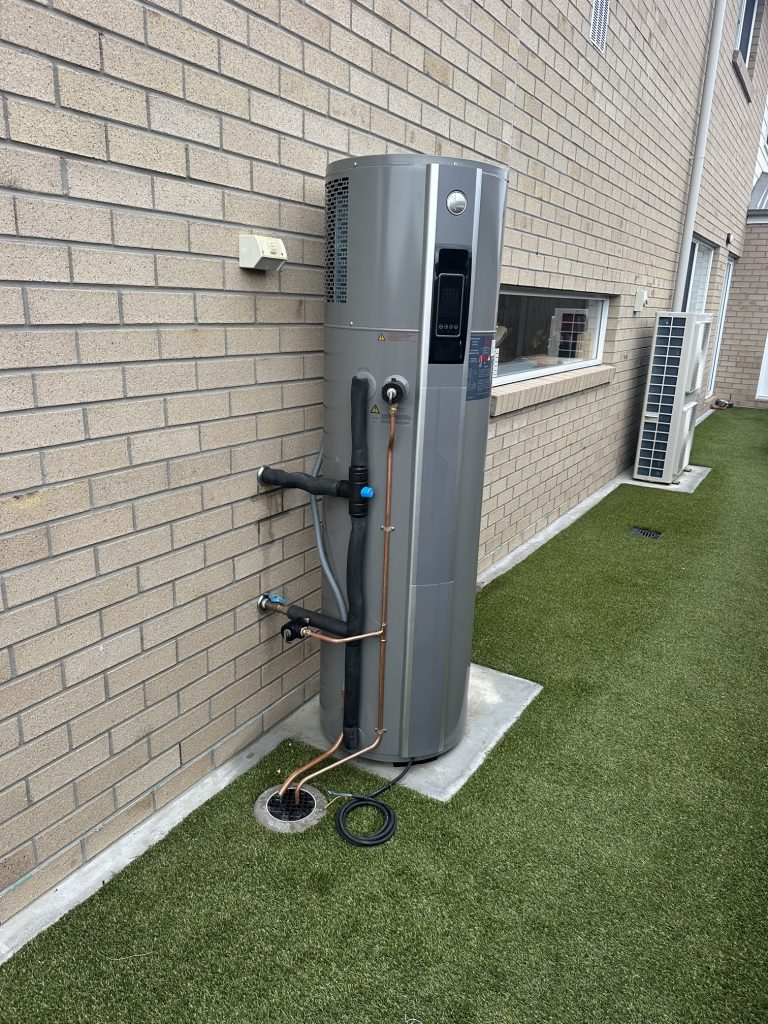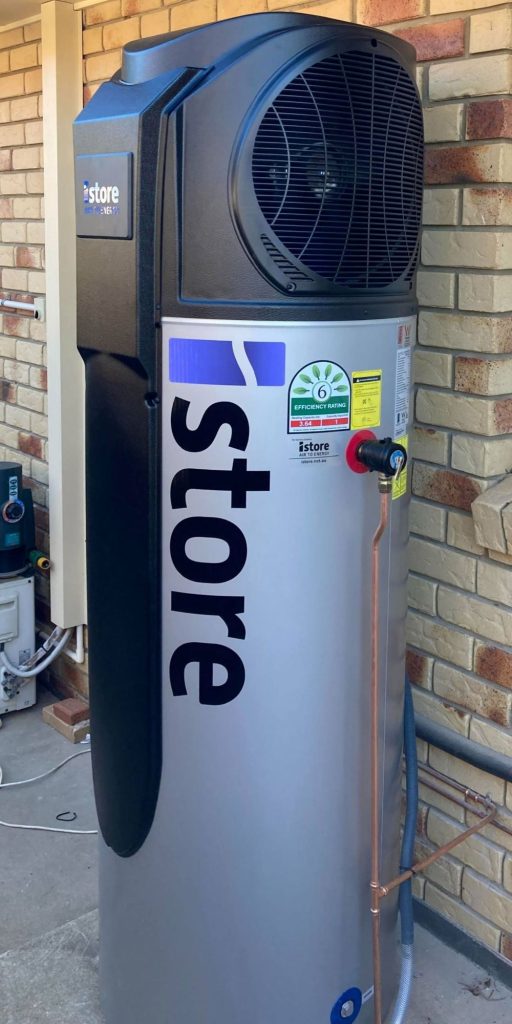Navigating the Complexities of Choosing the Right Hot Water Systems for Queensland's Unique Climate
Finding the perfect hot water system for your residence in Queensland involves more than just selecting a trustworthy brand or evaluating the water capacity. It requires a detailed assessment of multiple factors, including the local climate, humidity levels, varying electricity tariffs, and the daily hot water consumption patterns of your household. With the ongoing surge in energy costs, a growing number of homeowners are opting for heat pumps due to their remarkable energy efficiency and environmental benefits. However, it’s crucial to recognize that these systems may not be universally appropriate for all property types. Thus, thoroughly evaluating all pertinent factors before making a final decision is essential to ensure the optimal performance and longevity of your chosen hot water solution.
This article explores the functionality of heat pumps within Queensland’s diverse weather conditions, pinpointing the types of homes that can fully leverage these advanced systems, while also debunking common misconceptions that could lead to ineffective performance or misinformed system choices.

Maximizing Heat Pump Efficiency in Coastal Queensland Environments
Heat pump water heaters operate by extracting thermal energy from the surrounding air, with their efficiency significantly improving as air temperatures increase. In the coastal areas of Queensland, particularly in popular locations such as the Sunshine Coast, Brisbane, and the Fraser Coast, average air temperatures typically remain above 5°C throughout winter. This stable warmth allows heat pumps to function efficiently year-round, eliminating the need for electric boosting or supplementary heating components, which are often necessary in cooler climates. By taking advantage of this natural energy, homeowners can enjoy reduced energy bills and a lower carbon footprint while ensuring a reliable hot water supply.
Key Environmental Factors That Enhance Heat Pump Efficiency
| Factor | Impact on Heat Pump Functionality | Coastal QLD Efficiency |
|---|---|---|
| Average ambient temperature | Higher temperatures = more efficient operation | ✓ Consistently maintained above 5°C |
| Humidity levels | Moderate improvements in performance | ✓ Generally high and stable |
| Access to off-peak electricity | Leads to lower operational costs | ✓ Widely available in most regions |
| Roof shading | Not a significant limiting factor | ✓ No negative impact on the system |
| Direct sunlight exposure | Not a necessity for operation | ✓ Functions effectively in shaded conditions |
Recognizing Scenarios Where Heat Pumps Might Underperform
While heat pumps offer numerous benefits, there are particular situations in Queensland where their performance may not align with expectations:
- Inland or elevated regions
In areas such as Toowoomba or the Hinterland, nighttime temperatures can plummet significantly during winter months. In these instances, certain heat pump models may struggle to maintain optimal efficiency without the assistance of a booster element, leading to increased energy consumption and higher costs. - Constrained or poorly ventilated outdoor spaces
Heat pumps require sufficient airflow around their compressor units to operate effectively. In tight or enclosed environments, the capacity for heat extraction may diminish, and operational noise could escalate, potentially disturbing residents. - Large households with elevated water demands
In homes with more than six occupants, systems engineered for higher water storage or quicker recovery times, such as solar-boosted gas solutions, may prove more efficient in fulfilling substantial hot water requirements.
Clarifying Misconceptions About Heat Pumps in Queensland
“They become ineffective during winter.”
This belief may hold true for colder southern regions; however, it does not apply to Queensland. In areas where average temperatures consistently exceed 5°C, heat pumps maintain their efficiency throughout winter, delivering reliable hot water solutions even in cooler months.
“Solar panels are essential for heat pumps to function.”
This assertion is misleading. While heat pumps can operate independently of solar photovoltaic (PV) systems, combining them with solar energy can indeed enhance your energy savings and contribute to a more sustainable energy model.
“Heat pumps are excessively noisy and disruptive.”
Modern heat pump systems are engineered to operate much more quietly than their older counterparts. When installed correctly in well-ventilated locations, the noise produced by the compressor unit is typically minimal, ensuring a comfortable living environment.
Practical Approaches to Enhance Heat Pump Installation and Performance in Queensland
- Choose a system specifically designed for Australian environmental conditions
Select models that boast high-efficiency ratings and reliable local support, such as istore or Stiebel Eltron, both of which are well-regarded for their performance in the Australian climate. - Install in a well-ventilated yet shaded area
Although heat pumps do not require direct sunlight, they necessitate adequate airflow around the unit to operate efficiently and effectively. - Utilize timers or smart controls
By programming the system to operate during solar power generation times or during off-peak electricity hours, you can significantly improve energy savings and reduce costs. - Ensure proper sizing of your system
A capacity range of 250–300 litres is typically sufficient for the needs of most households. An undersized system can lead to performance issues and increased reliance on boosting mechanisms, which consequently raises energy consumption.
The Critical Role of Local Expertise in Achieving Successful Heat Pump Installations
The installation of a heat pump demands a personalized approach to achieve optimal results. The best outcomes are realized by collaborating with a local plumber who possesses expertise in the following areas:
- Performance tailored to local climate conditions, ensuring maximum efficiency
- Eligibility for rebates such as Small-scale Technology Certificates (STCs) and various Queensland government incentives designed to promote energy efficiency
- Optimal placement and ventilation strategies for the unit to enhance performance
- Integration with solar PV systems or battery storage solutions, when applicable, to maximize energy efficiency
At Creek to Coast Plumbing, we specialize in providing and installing high-performance hot water systems, including heat pumps, throughout the Sunshine Coast and Moreton Bay regions. Our dedicated team is ready to assist you in identifying the type of hot water service that will best suit your needs. As the demand for energy-efficient hot water solutions continues to grow, many homeowners are weighing solar options against heat pumps. We will evaluate the specific conditions of your home, recommend the most appropriate system, and ensure you are equipped for maximum efficiency.
Discover more about our Heat Pump Hot Water Installations or reach out to us for a customized recommendation that addresses your specific requirements.
The Article: Heat Pumps in Queensland: Effective Solutions and Pitfalls first appeared on https://writebuff.com
The Article Heat Pumps in Queensland: Benefits and Challenges Explained Was Found On https://limitsofstrategy.com
The Article Heat Pumps in Queensland: Exploring Advantages and Drawbacks First Appeared ON
: https://ad4sc.com



